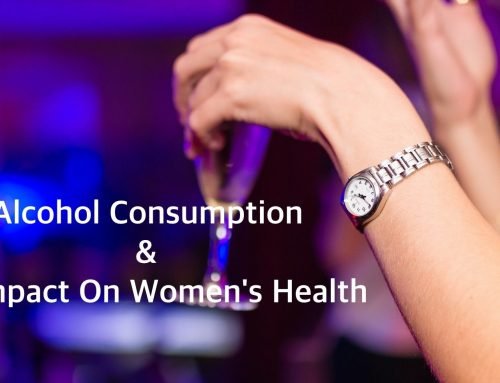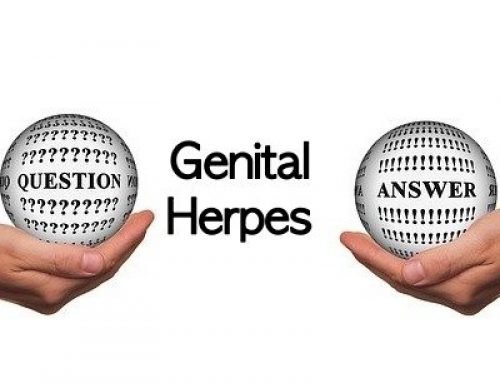Is the Keto Diet a Good or a Bad Choice for You
Is the Keto Diet a Good or a Bad Choice for You
Ketogenic or keto diet is a diet based on low intake of carbohydrates with the goal to trigger the production of ketones in the liver, or the state known as ketosis, so that they can be used as an energy source. Foods abundant in carbohydrates increase the body’s production of glucose and insulin; glucose is a molecule which the body can convert easily and use it for the production of energy whereas insulin processes the glucose in the bloodstream by moving it throughout the body. When you regularly eat carb-rich foods, the body will continue using them as primary source for energy and you will be unable to burn fat.
Hence, the purpose of this specific diet regimen is to make the body enter ketosis on purpose, not through the absence of calories, but the absence of carbohydrates, and trigger the burning of fat for energy.
The Advantages of the Keto Diet
Almost every person can get positive results from following a diet low on carbs and abundant in fat. What’s more, this diet is not only recommendable for people who need to lose weight, but for people who want to better their health on various levels. Here are its major benefits:
- Successful weight loss
Upon entering the ketosis phase, the body will begin using fat as its main source of energy and you will begin to shed surplus fat. According to studies, this is a more effective diet when compared to high-carb and low-fat ones.
- More energy and less hunger
By providing your body with a more consistent source of energy, you will feel more energetic throughout the day because it has been proven that fat is the optimal molecule to be burned as fuel. Additionally, fat prolongs the satiety, so you will be less hungry and eat fewer calories.
- No more acne
A lot of people who have tried the keto diet swear in its ability to clear the skin from acne. This is because high intake of carbohydrates has been linked with acneic skin, a study showed.
- Regulated blood pressure and cholesterol
Diets low on carbohydrates and rich in fat are capable of decreasing the levels of bad cholesterol and several studies have shown the power of this diet to minimize the blood pressure too.
- Sharper focus
Ketones are an excellent food for the brain. By minimizing how much carbohydrates you consume, you avert blood sugar spikes, resulting in enhanced concentration and focus and brain function.
- Balanced blood sugar levels
Studies have shown that this diet is more beneficial than low-calorie diets in maintaining the blood sugar regulated, which is great for diabetics (type 2 diabetes or pre-diabetics)
- Treatment of epilepsy
Since the 1900s, this diet regimen has been used for treatment of epilepsy, particularly in children and there are recent studies proving this.
- Regulation of insulin levels
Insulin resistance is known to cause type 2 diabetes when not properly addressed. Hence, research indicates that lowering carbs and increasing fat can regulate the insulin levels.
The Keto Menu
First and foremost, it is pivotal to point out that you should only begin a ketogenic diet if you are willing to do some planning in advance, i.e. creating a diet menu that will help you reach the ketosis state.
You cannot eat:
- Carbohydrates from nuts, dairy, and veggies (less than 15 grams per day)
- Carbohydrates from wheat, starch, and fruit
- Sugar (agave, honey)
- Grains (corn, wheat, cereals)
- Tubers (potato)
You can eat:
- Meat like beef, fish, poultry, and lamb
- Full-fat dairy like butter, hard cheese, and creams
- Eggs
- Leafy greens like kale and spinach
- Above ground veggies like cauliflower and broccoli
- Seeds and nuts like walnuts and macadamias
- Sweeteners like stevia and monk fruit
- Fruits like avocados and berries
- Fats like coconut oil and saturated fats
How to Enter into Ketosis
To be able to reach ketosis properly during the ketogenic diet, there are several rules to which you need to adhere, that is, limit your carb intake to 15 grams on a daily basis, opt for fasting, exercise more, begin using supplements, avoid unnecessary snacks, make sure you consume enough fat, do not forget to drink water and try to reach the amount of one gallon per day, and do not exaggerate with protein (0.6 and 0.8 grams of protein per pound of lean body mass).
The Risks Linked with the Keto Diet
According to some critics of the ketogenic diets, in most cases, they are only a short-term solution and can be an unhealthy choice. As Lisa Cimperman, dietitian from the University Hospitals Case Medical Center in Cleveland, Ohio asserts, when the body is in the state of ketosis, one also starts losing muscles, becomes very tired, and goes into starvation mode, which additionally impedes the loss of weight and body fat. As seen on Health Line, different experts emphasize that these diets should always be performed in consultation with clinicians and not for a longer period of time. Without doubt, this is a rather extreme diet which can be very dangerous for some if not properly performed.
Potential Side Effects when You Are on a Ketogenic Diet
- Constipation- when following a diet, if one does not consume enough water, the dehydration may lead to constipation.
- Minimized physical performance- in the first days or weeks of a keto diet, you may feel less able to perform your workout. However, do not worry because this is just temporary as the body is trying to adapt to the use of fat and your energy levels will go back to normal soon.
- Faster heartbeats- if you have been following a ketogenic diet for a while and you have noticed that your heartbeats have been harder; you should drink more fluids and consume sufficient amounts of salt. If this does not resolve the issue, opt for a potassium supplement on a daily basis.
Final Thoughts on whether to Start the Keto Diet
Although in the beginning this diet can be quite the challenge, when you follow the guidelines and when you are dedicated and persistent, the weight loss is inevitable. What is pivotal is to drink sufficient amounts of water, keep track of the foods you intake, and opt for supplements if/when needed.
Insurance
Embry Women’s Health is committed to providing quality, affordable health care. We’re in-network with all major insurance plans, including Aetna, Blue Cross Blue Shield, Cigna and UnitedHealthcare. No insurance? No problem. We offer a simple fee schedule for those who wish to pay out-of-pocket. Click the button below for our complete list and more information:













Leave A Comment